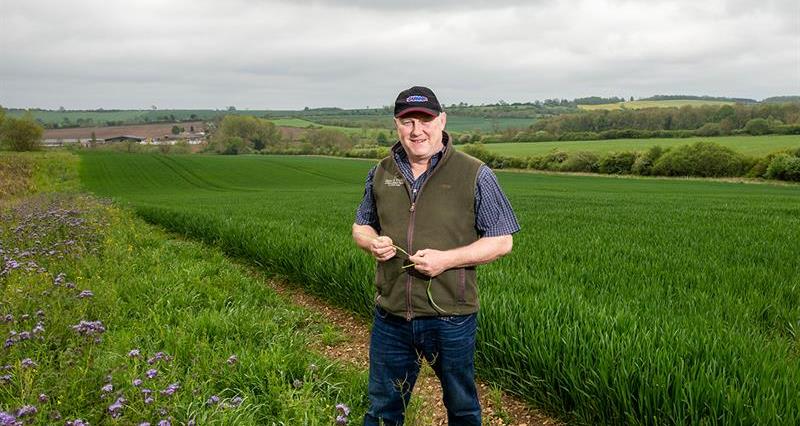The WCSS (World Congress of Soil Science) is the leading international soil science conference, held every four years in different countries and attended by over 3,000 soil scientists from around the globe.
Presenting in the Policy Programme, Phil Jarvis focused on the NFU’s newly released “The Foundation of Food” report, which highlights why soil is crucial to the nation’s farming systems and British food production, and outlines our key policy asks of government.
The report also shows the great work our farmers have done, are doing, and will continue to do to improve soil health. It outlines some features of good soil management and their benefits, and highlights some of the challenges and opportunities our farmers are facing.
Overview
Phil opened the speech by highlighting that soil is essential to our farming system and is fundamentally the foundation of food.
Soil gives us the ability to grow food, energy, and fibre that are key to our country’s success.
Furthermore, it provides a myriad of environmental benefits, including the support of diverse ecosystems, sequestration and storage of carbon, regulation of water, and climate resilience.
Challenges
Phil outlined that anthropogenic activity resulting in climate change and population growth are putting pressure on our ability to feed our nation while supporting our soils.
The impacts of climate change have become increasingly evident, with recent heatwaves and dry weather in July being a prime example.
Below the ground there are increasing threats to soil health such as erosion and loss of organic matter.
Peatlands, while being a great store of carbon, are also critical areas for producing food, especially in the ongoing food security crisis.
Our vision
The NFU is aiming for agriculture to hit net zero by 2040 and to develop a more integrated approach to water management, alongside continuing to deliver healthy food, fibre, and energy.
We believe that soil health must therefore be a national priority and a key part of the upcoming ELMs (Environmental Land Management Scheme).
Phil outlined that our vision is for a coordinated industry approach which really understands the complex nature of the soils ecosystem.
This vision includes:
- Public money for public goods, sitting alongside private finance to create additional positive outcomes on the same land
- Reliable and robust data collection to allow farmers and growers to make the best management decisions based on their own local soils
- A free nationwide soil testing programme & increased soil testing, which could be integrated into existing business systems, with clear and understandable soil health metrics.
- Better knowledge exchange, providing farmers and growers with the knowledge and skills they need
- But overall, we envision a tailored and holistic approach to encourage soil health which will maintain food security while providing the opportunity for sustainable food production and environmental benefits
Our policy asks to government can be found in the report:




